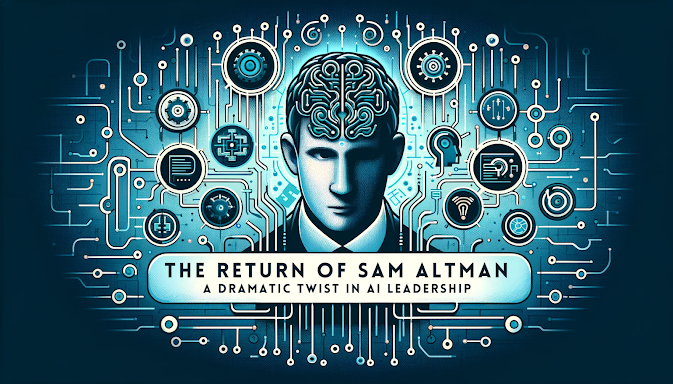AI vs. Human Voices: The Controversial Shift Shaking Up Audiobook Narration
In today's tech-savvy world, the rapid advancement of artificial intelligence (AI) is reshaping many industries, including the audiobook sector. The burning question on everyone's lips is whether AI narration can measure up to the human touch in the realm of audiobooks. This blog post will dive into the heart of this issue, exploring the pros and cons of AI audiobook narration.
The Rise of AI Audiobook Narration
With the ever-evolving technology, AI voices have been making their way into the audiobook industry. Thanks to their ability to work tirelessly and to streamline the production process, AI narrators have become a cost-effective and efficient alternative to human narrators.
AI can churn out audiobooks at an unprecedented pace, enabling publishers to deliver more titles to eager listeners in less time. Plus, advancements in AI voice technology have led to increasingly lifelike and natural sounding narrations, making it a compelling choice for many publishers.
Moreover, the potential for customization with AI voices is endless. Listeners could potentially choose the accent, tone, and style of the voice they want to hear, providing a personalized listening experience.
Human Narration: The Gold Standard in Audiobooks
Despite the promising advantages of AI, human narration continues to be the gold standard in the audiobook industry. The human touch brings a level of emotion, inflection, and nuance that AI currently struggles to replicate.
Human narrators, with their instinctive understanding of the text's context, are able to express the author's intent more authentically. They can shift tone seamlessly, pause for dramatic effect, and convey the subtlest nuances of human speech that breathe life into characters and make the narrative more engaging.
In addition, human narrators often have distinctive voices that become synonymous with particular genres or series. Think Stephen Fry with the Harry Potter series or Jim Dale with the Peter Pan books. Their iconic voices add a layer of familiarity and comfort that many listeners value.
The Controversy: AI vs. Human Narration
The rise of AI narration has sparked a contentious debate among audiobook enthusiasts. Proponents of AI point out the efficiency, customization potential, and cost-effectiveness of AI voices. They argue that the evolution of AI voices will bring more diversity and accessibility to the audiobook market.
On the other hand, purists argue that AI cannot match the emotional depth and authenticity that human narrators bring to the table. They worry that the rise of AI could lead to a loss of jobs for human narrators and a dilution of the artistry involved in audiobook narration.
Conclusion
The battle between AI and human narration in audiobooks is a complex issue with compelling arguments on both sides. As technology evolves and AI voices become more sophisticated, it's possible that AI could become a more accepted part of the audiobook industry. However, it's clear that for many listeners, the charm and authenticity of human narration are irreplaceable.
So, will AI replace human narrators in the future? Only time will tell. But for now, the debate rages on, making it an exciting time to be an audiobook enthusiast.
As we continue to explore the impact of AI on various industries, we invite you to join the conversation. Check out our podcast, "Tales of the Unexpected", a series of riveting stories shaped by AI. We've incorporated AI narration in all the episodes and we're eager to hear your thoughts on the experience.
Did you find the AI narration immersive and enjoyable? Or did you miss the warmth and nuance of a human voice? Share your opinions with us and let's continue this fascinating discussion!
#AI #Audiobooks #AINarration #VoiceTechnology #TechTrends #Future #ArtificialIntelligence #VoiceAI #AudiobookLovers #Bookworms #Literature #Reading #DigitalTransformation #Innovation #TechDiscussion #Voiceover #MachineLearning #DeepLearning #TextToSpeech #TalesOfTheUnexpected #Podcast
.png)


Comments
Post a Comment